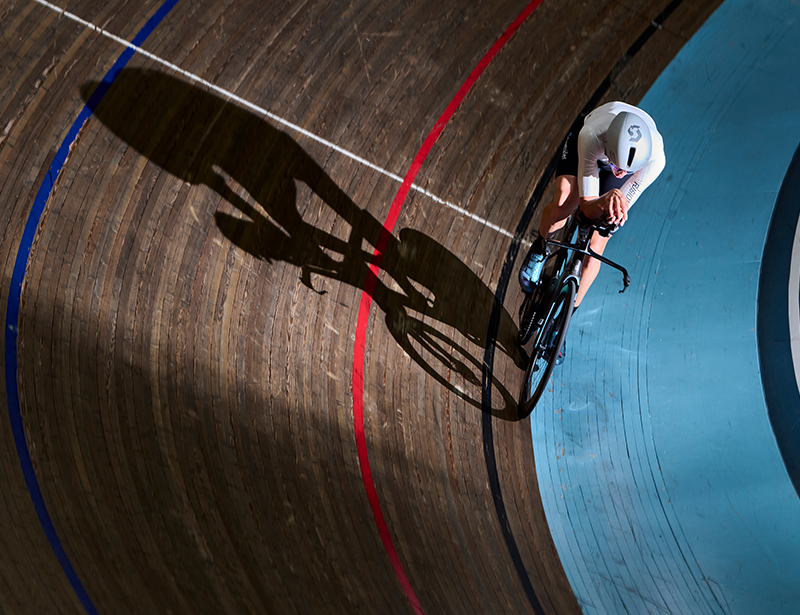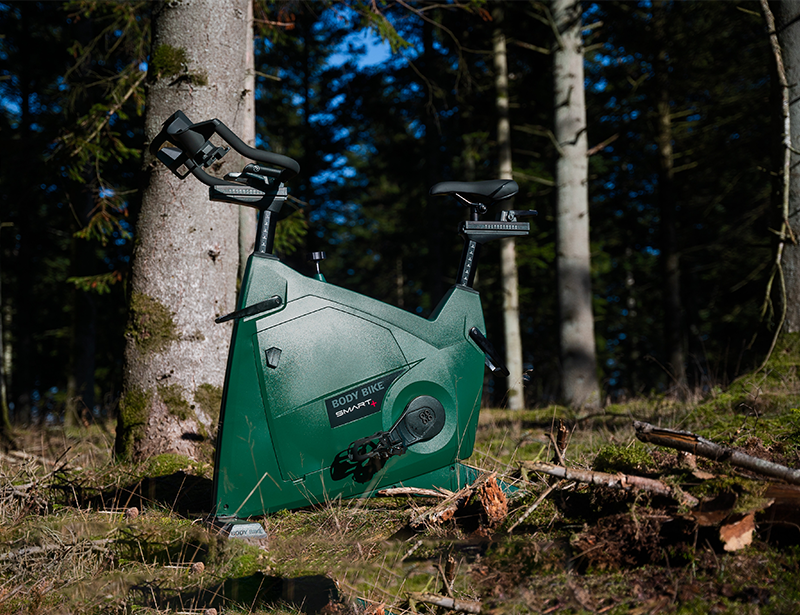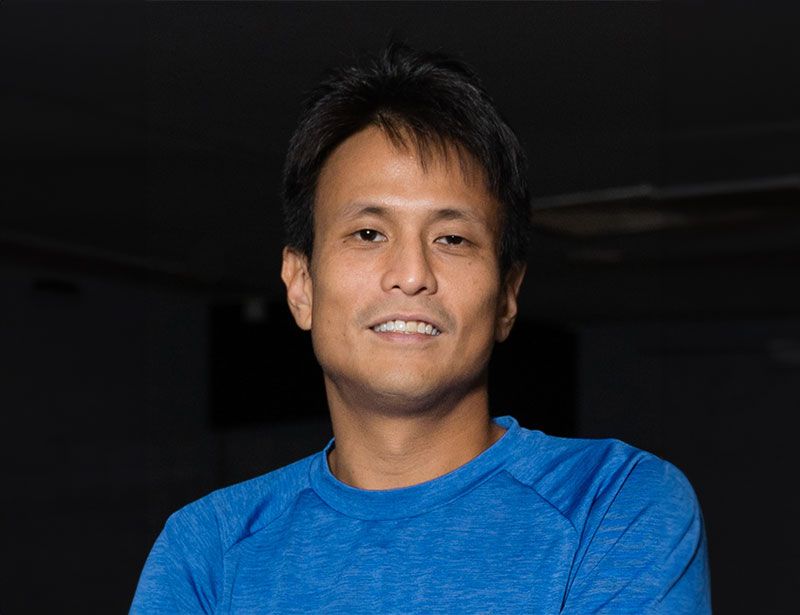Panellist, Sustainability
The lesser of two evils
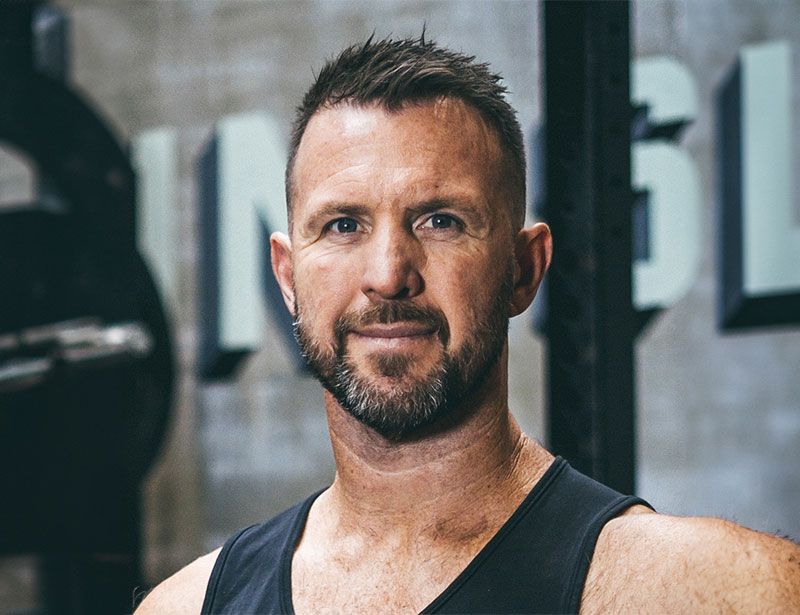
Our latest edition of RIDE HIGH includes a must-read supplement – A Global Crisis? – in which we speak to operators across Europe, Asia-Pacific, Africa and the Americas to understand the region-by-region challenges facing the fitness sector at the moment, and the strategies that might be deployed to navigate them.
Check out all our expert comments here or download a PDF of the full magazine, including the supplement, above.
Here, we share the perspective of Ben Lucas, founder and CEO of Flow Athletic in Australia. Interview conducted 27 October 2022.
We aren’t really experiencing an energy crisis in Australia at the moment. Our challenge is more around inflationary pressures off the back of two lockdowns.
The pandemic took 35 per cent off our numbers – membership and turnover – and we’re now trying to regrow our business in an economic headwind. We’re doing well though. I’m feeling optimistic.
There are cost of living concerns in Australia and as a result we currently lose one to two members a week. However, we’re adding five or six a week; we operate at the premium end of the market, meaning most people still have disposable income to spend with us.
So, what are the cost of living concerns for consumers here? It’s mainly interest rates – meaning mortgages and rent – as well as petrol and food, the latter due to a series of natural disasters affecting production. We aren’t hearing people talking about electricity or gas prices at the moment.
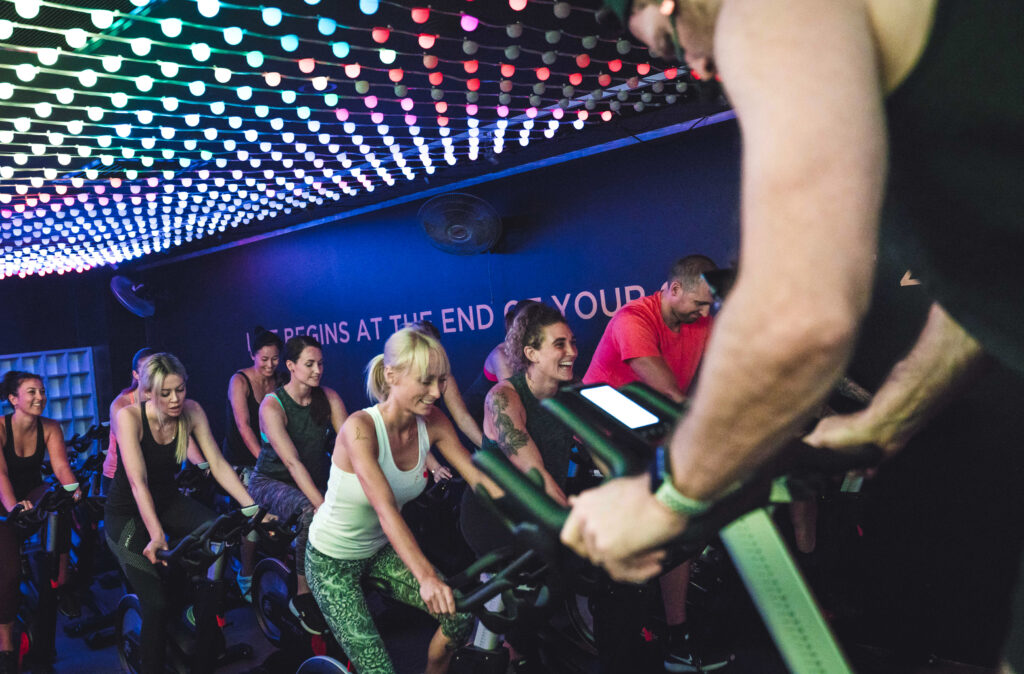
For our business, what’s going up are wages – I value our team and want to make sure they can afford to live in the current climate – and energy to a lesser degree. Fortunately, rent is unchanged; commercial sector rents aren’t going up in the same way as residential rents, because with a pending global recession, landlords would rather keep properties full.
“Electricity prices are due to go up, but compared to being locked down for 250 days, give me an extra A$16,000 of electricity fees any day”
Electricity prices are due to go up a predicted 20 per cent in 2023, and a further 10 per cent in 2024, which obviously is a challenge. But if our bill goes up from, say, A$30,000 to A$36,000 a year, will that spell the end of our business? Not really. It isn’t fantastic, but compared to being shut for 250 days… give me an extra A$16,000 of electricity fees any day. Framed in the context of the last two and a half years, today’s economic headwinds are the least of our challenges.
I do, however, believe the cost of electricity could double over the next five years, so we do need to be smart about it. As a premium operation, we wouldn’t want to cut energy usage anywhere in the club, so we’re looking to install a solar power system. Costing around A$35,000, this could generate around 60 per cent of our electricity needs – including our air con and lighting – and achieve payback in three years.

Conceived, powered and funded by BODY BIKE®, RIDE HIGH has a simple mission: to celebrate and champion the very best of indoor cycling, sharing ideas, stories and experiences from around the world to inspire the sector on to even bigger and better things. Subscribe for free by leaving your details below and we'll send indoor cycling's hottest news direct to your inbox three times a year.

